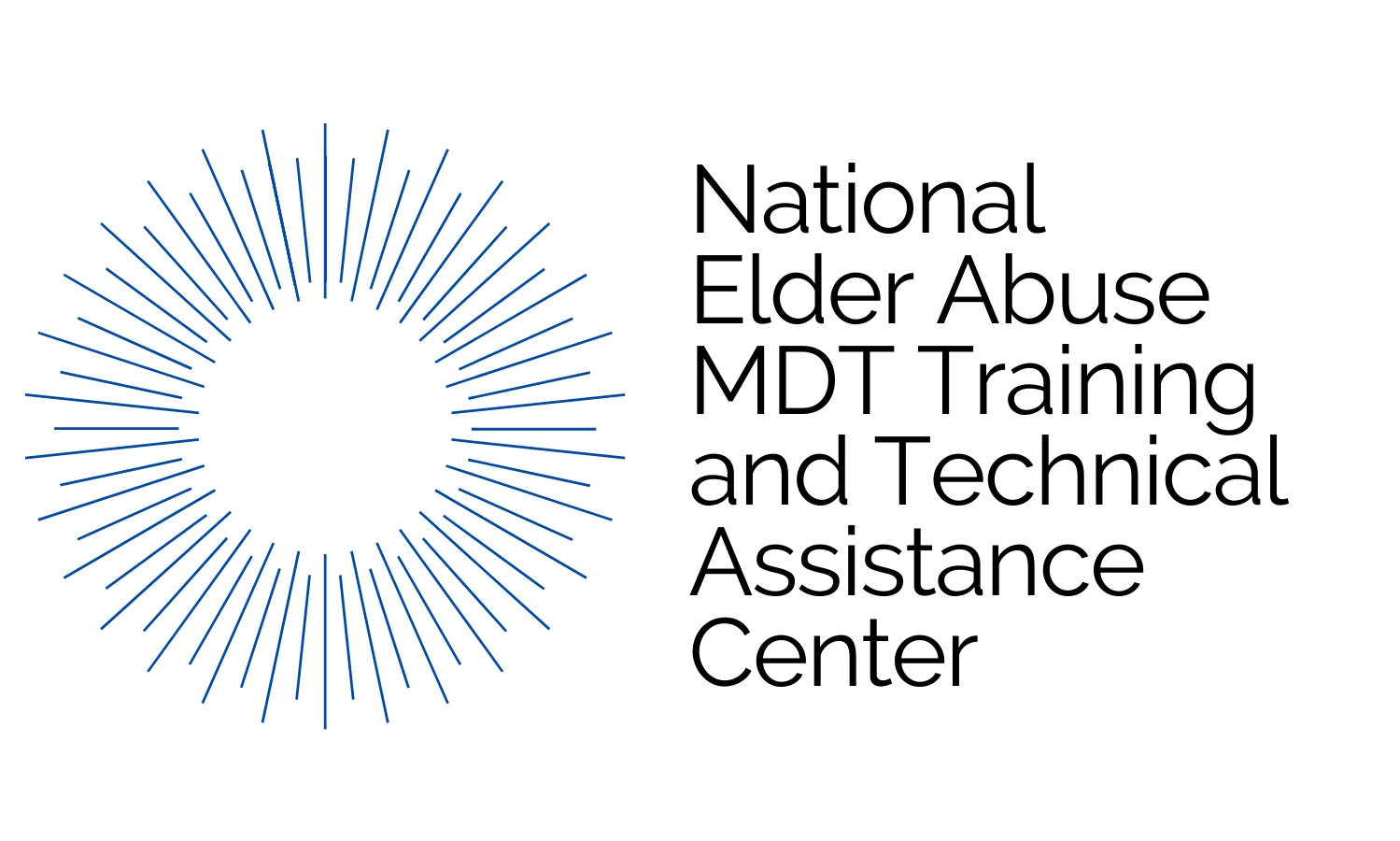Steering Through Transitions (9.7.2023)
Join the National Elder Abuse Multidisciplinary Team Training and Technical Assistance Center at this webinar to gain an understanding of how the departure of a key team member can impact team dynamics and overall functioning. Learn how to identify and…




